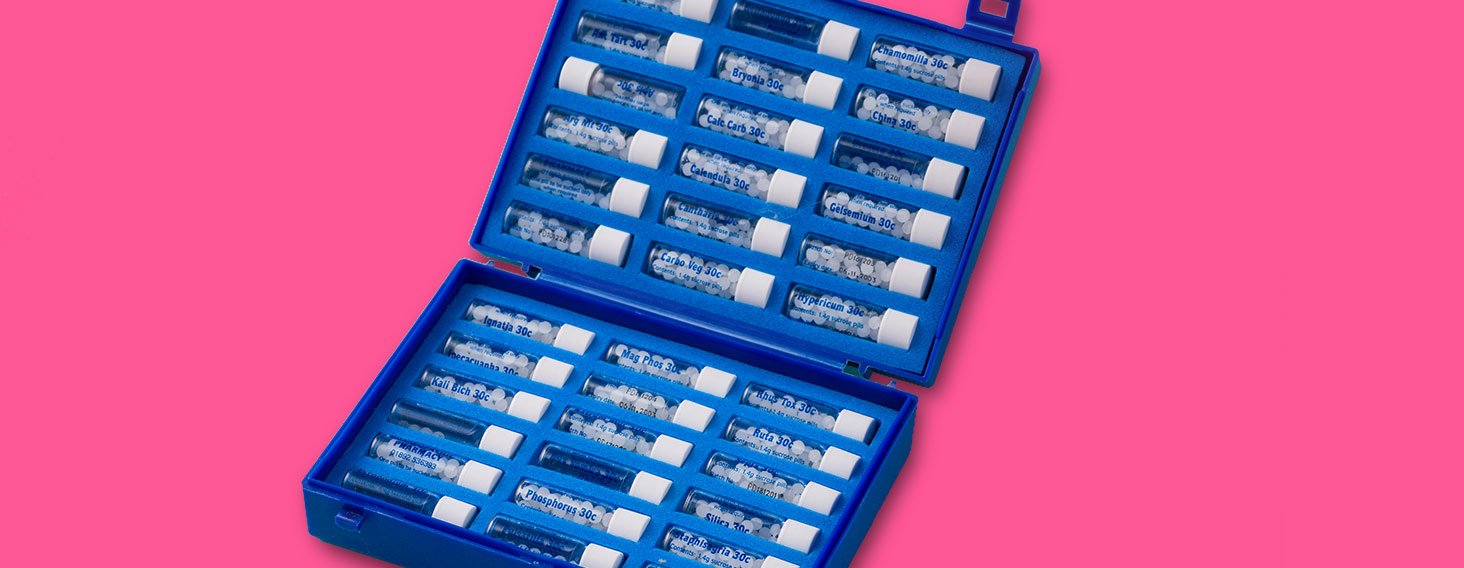Treat menopause depression naturally
Can natural therapies help with menopause depression?
Some natural, alternative and complementary therapies may help to as part of a package (that should include medical support) to deal with the impact of menopause depression.
Aromatherapy
Good quality essential oils can make a natural contribution to managing the symptoms, but not the cause, of depression.
Lavender oil is known for its sedating effect. Add 5 drops to bath water. Burn in a diffuser to help you sleep, or sprinkle a couple of drops on your pillow.
Clary Sage a calming oil that can be added to the bath, or burnt in a diffuser, before bed
Ylang Ylang has mild sedative qualities which may lower stress responses. Rub 3 drops on your palms, and inhale for a positive effect on your mood.
Bergamot a citrus oil may boost mood by improving blood circulation.
Acupuncture, Chinese Herbal Medicine
In September 2015 Psychology Today said that whilst acupuncture is not a stand-alone treatment for depression, there's evidence that used alongside medication, it has a place in treating depression. Find a practitioner through The British Acupuncture Council website.
Homeopathy
According to the British Homeopathic association, homeopathy ‘may have a part to play as an additional or complementary treatment but NOT as a stand alone therapy’ in more serious cases of depression. NHS Choices caution ‘some homeopathic remedies may contain substances that are not safe, or that interfere with the action of other medicines’. Women taking medication for depression should speak to their doctor about whether homeopathy is appropriate for them.
And why not treat yourself occasionally?
We like Aveda’s Stress Fix Body Lotion*. Good for a gentle pick-you-up. This is what Aveda say: ‘Hydrating body lotion with aroma proven to relieve feelings of stress. Aroma includes essences of lavender, lavandin and clary sage from organic farms and is formulated using the science of aromaology and the power of pure essential oils.’ A little goes a long way so you could indulge and give yourself a treat.
Massage carried out by a skilled practitioner can boost your mood in the short term whether it is Swedish, acupressure, Ayurveda or aromatherapy,
*We have no commercial arrangement with Aveda we just like this product.
Are there any natural remedies and supplements for menopause depression?
The Royal College of Obstetricians and Gynaecologists (RCOG) feel that there’s insufficient research to say that supplements work. Depression is a very serious issue and all treatments must be discussed with your doctor. The products below are marketed as being appropriate for mild to moderate depression that may be associated with menopause:
St John’s Wort ‘appears to be effective in treating depression during the menopause but it can interfere with other medication so it is important to speak with your doctor before taking’ says the latest RCOG guidance.
St John’s Wort Complex combines St John’s Wort with hops and lemon balm, both relaxants (both by A.Vogel) or Viridian Saffron Extract taken as a tincture or a capsule
Black Cohosh may increase your natural oestrogen levels, possibly dealing with the underlying cause of menopause depression. Talk to your doctor as there are concerns about the long-term safety of black cohosh.
Omega-3 fish oil supplements could help with depressive symptoms. Try Bare Biology Lion Heart Omega 3 Fish Oil Maxi Capsules. We’ve no link, we just like this UK-based, female developed omega-3 brand.
Your doctor will be able to advise you about how appropriate these supplements are for you.

